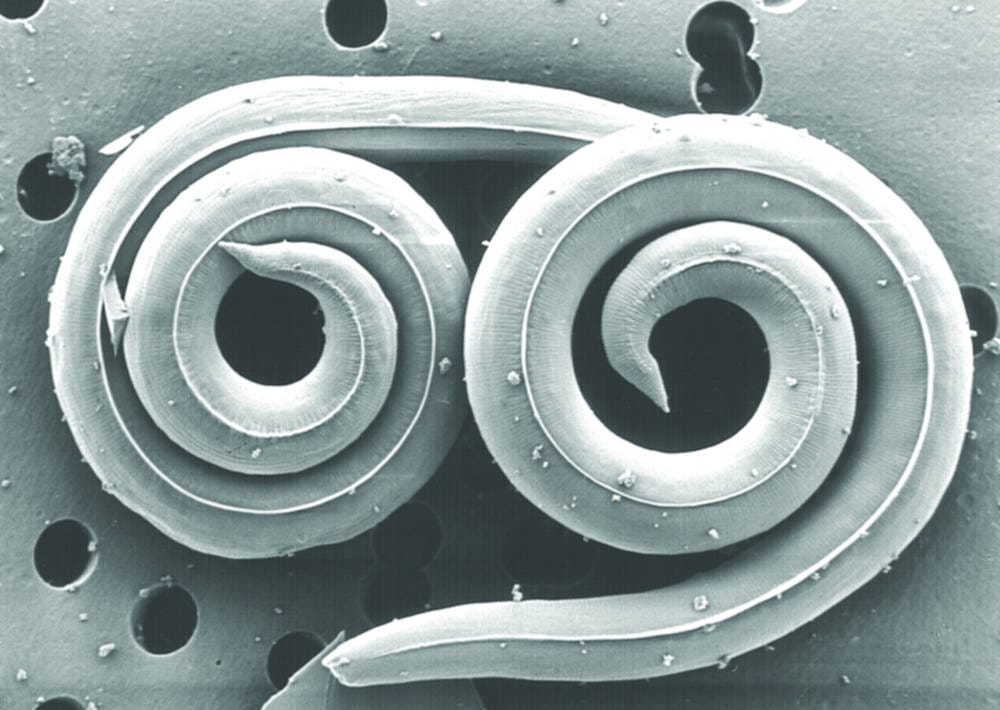Gut reaction kills worms
Research could aid global fight against parasitic infections. By Camilla Ruz

Researchers have found a component of gut mucus that is toxic to parasitic worms. The discovery could help one billion people worldwide.
The research, published in the Journal of Experimental Medicine, found that just one component of the mucus, a mucin known as Muc5ac, is needed for the efficient expulsion of worms from the body. Parasitic worms living in the gut are a major cause of disease. The gut is protected by a thick layer of mucus that is a mixture of salts, water and large proteins called mucins. Muc5ac mucin is rarely found in the gut, but when it is it physically changes the properties of the mucus barrier.
Scientists from the University of Manchester studied whipworm infections in the guts of mice. They discovered that mice that could not produce the mucin Muc5ac were unable to expel the worms from their guts and suffered long term parasitic infections. Professor Richard Grencis, one of the lead authors on the study, explained that Muc5ac is so important because “it is ‘toxic’ for the worms and damages their health.”
The researchers went on to find that Muc5ac is harmful to several worms including human parasites such as hookworm and spiral threadworm. Together these two worms affect up to one billion people worldwide. The research may help identify people who are more vulnerable to infection.
Dr Sumaira Hasnain, the lead experimentalist on the project, added: “For the first time, we have discovered that a single component of the mucus barrier, the Muc5ac mucin, is essential for worm expulsion. Our research may help to identify who is and who isn’t susceptible to parasitic worms, and it may eventually lead to new treatments for people with chronic worm infections.”







